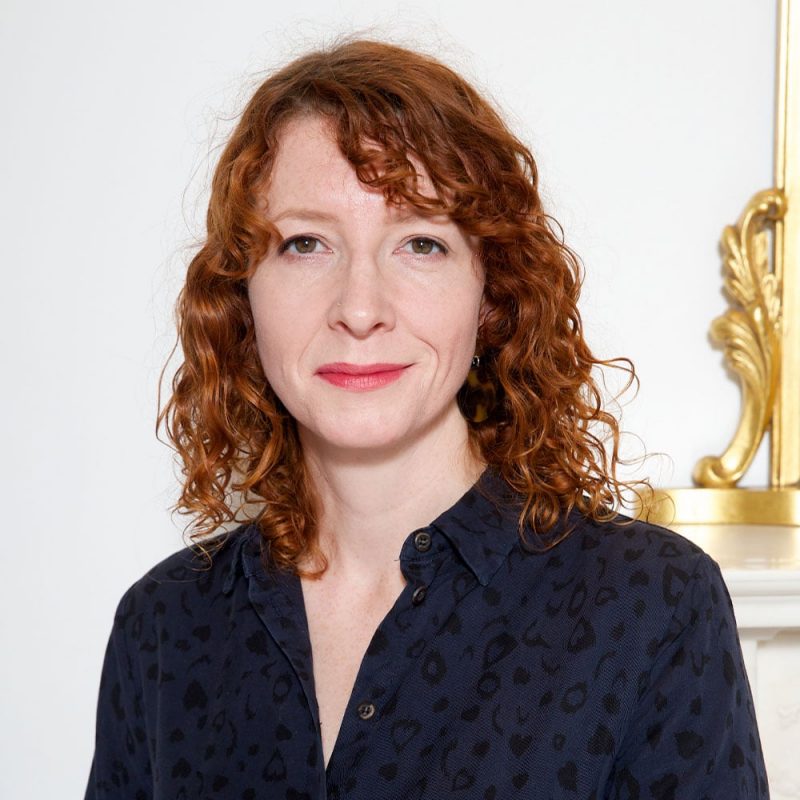-
Dr Mona SakrMiddlesex University
-
Dr Sara BonettiIndependent Researcher
Project overview
This project will bring together evidence on what quality early years provision looks like for children aged 0-2 years in the baby rooms of English nurseries, and at childminders.
Why this project is important
In March 2023, the UK government announced the expansion of subsidised early childhood education and care provision to children as young as nine months. The full expansion will be completed by September 2025, at which point all children under the age of five with working parents meeting the criteria will be eligible for 30 hours of free provision. This is likely to correspond with an increase in public scrutiny of the care and education of 0-2-year olds, which has traditionally been viewed as a private matter in England.
Research has shown that early year educators caring for the youngest children often feel overlooked, in part due to a belief that early years education for babies is ‘just’ care. Some global research has begun to identify tenets of high-quality interactions between early years educators and babies. The main conclusion is that there is a large knowledge gap on what happens in early years provision for babies and how it might be advanced.
How the research will be carried out
The research team aim to kickstart the conversation around early years education for babies in England by:
- Drawing on existing global research to establish what is known about the key elements of high-quality provision and assessing the state of provision in England.
- Exploring status, sense of professionalism, and professional learning among baby room educator working in nurseries and childminders in England. In turn, pinpointing the strengths, weaknesses, and gaps in the current preparation of and support for early years educators caring for babies.
- Developing a plan for advancing quality of provision for babies as part of a workable vision for the early years workforce in England.
The research team will work closely with early years educators and training providers throughout the project. 300 early years educators will be surveyed, and around half will also participate in a focus group. 200 participants will be baby room educators working in nurseries, and 100 childminders. Sector leaders will also be surveyed and asked to participate in workshops to help develop recommendations for policy makers and training providers.
How it will make a difference
Findings will be disseminated through a series of vlogs and interactive online resources. Key decision makers will be engaged with through one-to-one meetings to foster commitment to the recommendations.































